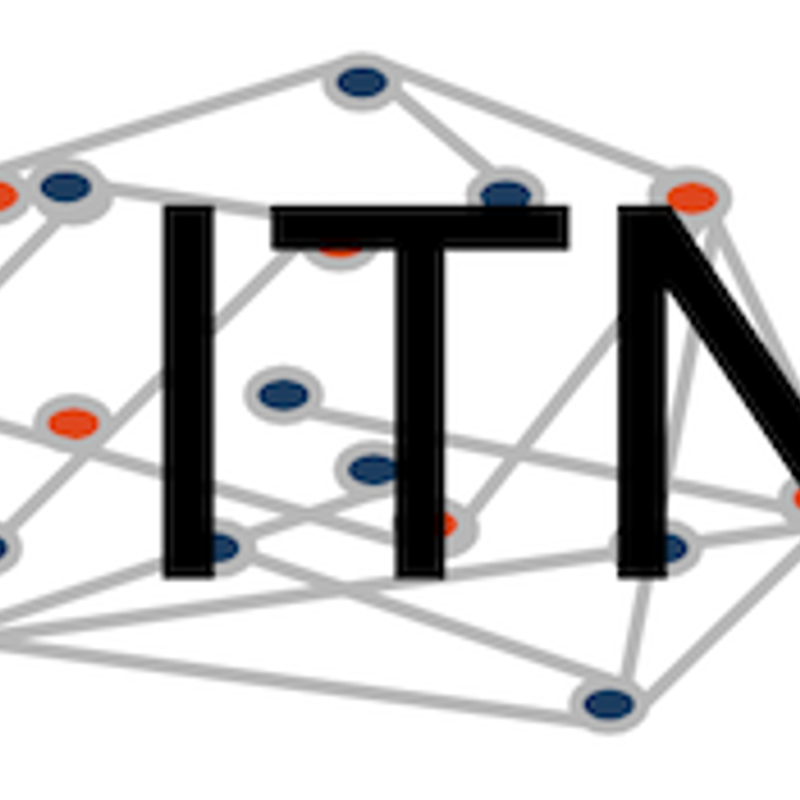Course overview
- Provider
- Coursera
- Course type
- Free online course
- Level
- Intermediate
- Deadline
- Flexible
- Duration
- 7 hours
- Certificate
- Paid Certificate Available
- Course author
- Candace Savonen, MS
-
Create reproducible data analyses
Apply reproducibility skills to existing analyses scripts and projects
Description
The course is intended for students in the biomedical sciences and researchers who use informatics tools in their research and have not had training in reproducibility tools and methods.This course is written for individuals who:
- Have some familiarity with R or Python - have written some scripts.
- Have not had formal training in computational methods.
- Have limited or no familiar with GitHub, Docker, or package management tools.
Motivation
Data analyses are generally not reproducible without direct contact with the original researchers and a substantial amount of time and effort (BeaulieuJones et al, 2017). Reproducibility in cancer informatics (as with other fields) is still not monitored or incentivized despite that it is fundamental to the scientific method. Despite the lack of incentive, many researchers strive for reproducibility in their own work but often lack the skills or training to do so effectively.
Equipping researchers with the skills to create reproducible data analyses increases the efficiency of everyone involved. Reproducible analyses are more likely to be understood, applied, and replicated by others. This helps expedite the scientific process by helping researchers avoid false positive dead ends. Open source clarity in reproducible methods also saves researchers' time so they don't have to reinvent the proverbial wheel for methods that everyone in the field is already performing.
Curriculum
This course introduces the concepts of reproducibility and replicability in the context of cancer informatics. It uses hands-on exercises to demonstrate in practical terms how to increase the reproducibility of data analyses. The course also introduces tools relevant to reproducibility including analysis notebooks, package managers, git and GitHub.
The course includes hands-on exercises for how to apply reproducible code concepts to their code. Individuals who take this course are encouraged to complete these activities as they follow along




